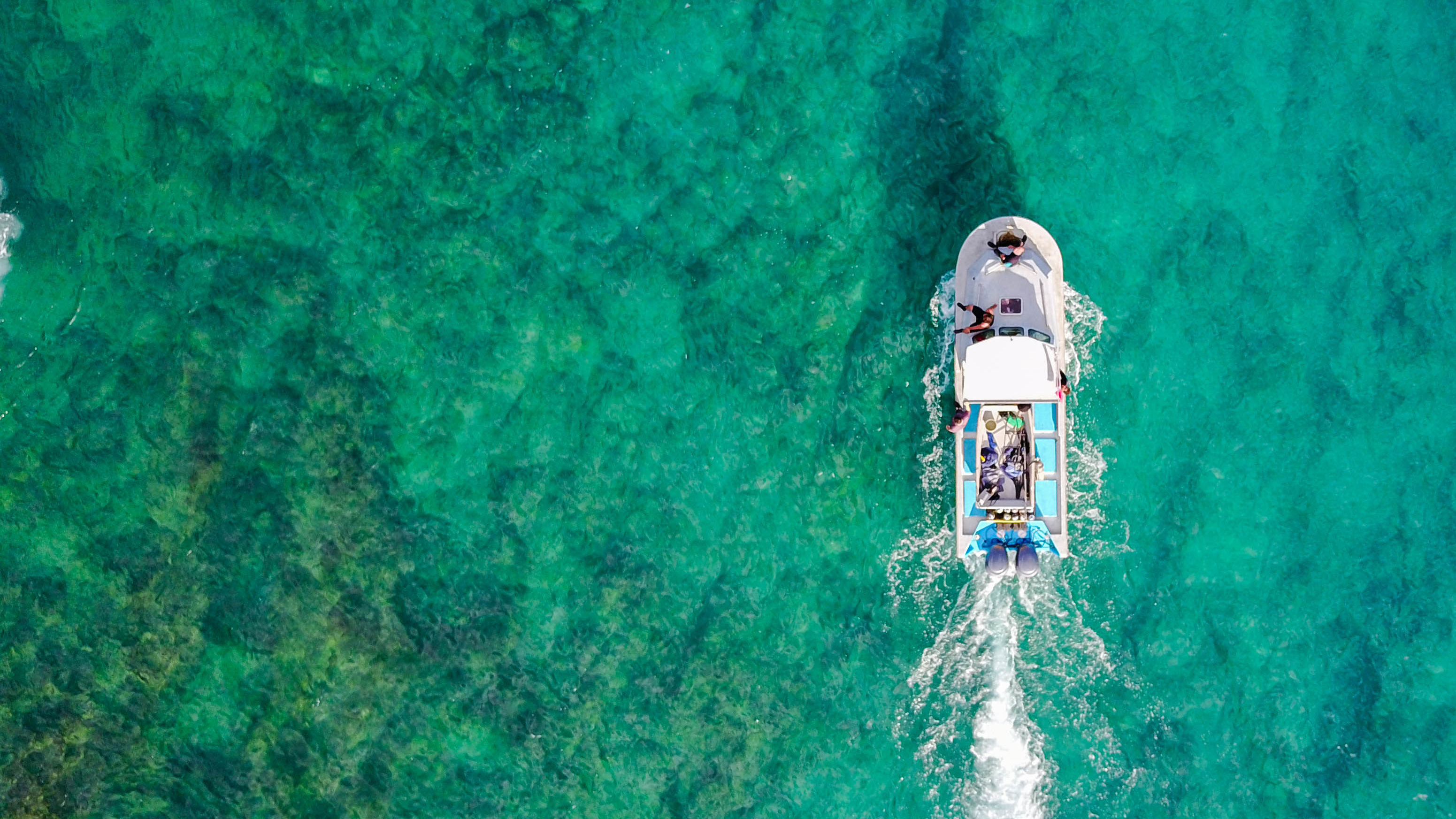Inaugural Swinburne-CSIRO Indigenous Research Fellow joins national water quality forecasting project

Associate Professor Sally Waller has been appointed as the inaugral Swinburne/CSIRO Indigenous Research Fellow
In summary
- Associate Professor Sally Waller has been appointed as the inaugural Swinburne-CSIRO Indigenous Research Fellow
- A spatial ecologist, Sally will support CSIRO’s AquaWatch Australia, integrating Earth observation data, ground-based sensor data and Indigenous community-led knowledge to support water quality monitoring, forecasting and management
- The joint position will also collaborate with Swinburne’s Space Technology and Industry Institute, Department of Engineering Technologies and the Moondani Toombadool Centre
Swinburne University of Technology has appointed spatial ecologist Associate Professor Sally Waller as its inaugural Swinburne-CSIRO Indigenous Research Fellow.
The joint fellowship will support Australia’s national science agency, CSIRO’s AquaWatch Australia initiative, which aims to build a comprehensive national water quality monitoring system.
AquaWatch’s unique system integrates data from satellites and water-based sensors with science and Indigenous community-led knowledge, to generate accurate, real-time water quality updates and predictive forecasting. AquaWatch aims to inform decision-makers with early warnings and regular monitoring to help protect natural ecosystems, human health and water resources.
Swinburne's Chief Scientist, Professor Virginia Kilborn, welcomed Associate Professor Waller to the new role.
“As the first Swinburne-CSIRO Indigenous Research Fellow, Associate Professor Waller will work collaboratively with Indigenous communities to better understand and manage water quality in remote Australia,” said Professor Kilborn.
“The position will leverage Swinburne’s strengths in space technology, engineering and remote sensing, and centre our commitment to self-determining, impactful and reciprocal research with Aboriginal and Torres Strait Islander communities.”
New position focuses on water quality and Indigenous-led science
Associate Professor Waller is a specialist in Indigenous consulting and advisory, ecology, and spatial solutions.
With an undergraduate degree in environmental and analytical science and a Masters in GIS and remote sensing, Associate Professor Waller brings strong cultural and community values to the fellowship and more than 20 years’ experience in spatial science and ecological consulting.
For AquaWatch, Associate Professor Waller will engage with various CSIRO project sites around Australia to help safeguard freshwater and coastal resources.
She will also work closely with Swinburne’s Moondani Toombadool Centre, whose leadership is grounded in Aboriginal and Torres Strait Islander knowledges, as well as the university’s Space Technology and Industry Institute and Department of Engineering Technologies.
AquaWatch Australia’s Deputy Lead and First Nations Engagement Lead, Janet Anstee, said co-design with Indigenous communities is integral to the project.
“AquaWatch is a system that blends data from Earth observation satellites, water-based sensors and Indigenous-led science. It offers an opportunity to connect with inland and coastal communities who depend on water, and create a two-way exchange of information,” Ms Anstee said.
“This exchange includes effective ways of returning information back to communities, increasing science literacy and improving understandings of Indigenous knowledges. Through the AquaWatch initiative, we hope to grow on-Country capability and future employment opportunities too.”
-
Media Enquiries
Related articles
-

- Student News
- Science
- Sustainability
Introducing tomorrow’s global science communicators
Start Talking is Swinburne’s unique video-based public speaking competition, exclusively for undergraduate students
Monday 08 December 2025 -

- Astronomy
- Technology
- Health
- Science
- University
- Sustainability
- Engineering
Swinburne highly cited researchers reach the top in 12 fields
Ten Swinburne academics have been named on the Highly Cited Researchers 2025 list, released by Clarivate
Tuesday 02 December 2025 -

- Science
- Engineering
Swinburne secures grant to advance next-generation metamaterials research
Swinburne physicist Dr Weibai Li has received a Discovery Early Career Researcher Award from the Australian Research Council
Tuesday 02 December 2025 -

- Technology
- Health
- Science
- University
$1.2m ARC funding to boost national X-ray spectroscopy capability through Swinburne and QUT partnership
Swinburne has secured $1.2 million in the latest Australian Research Council Linkage Infrastructure, Equipment and Facilities scheme round
Tuesday 02 December 2025 -

- Astronomy
- Technology
- Science
- Engineering
Meet Swinburne’s Roo-ver Mission team
Roo-ver will be Australia's first lunar rover, and it’s being designed, built and tested in Australia. Swinburne is playing a key role in the design and construction of Roo-ver, through its involvement in the ELO2 Consortium.
Wednesday 26 November 2025

